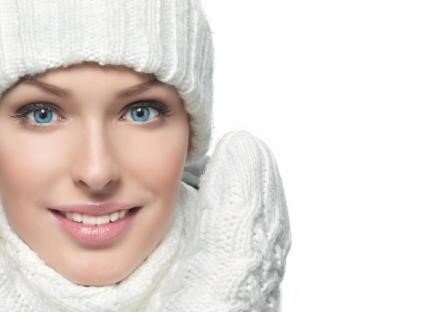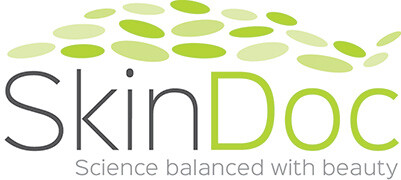
HOW TO LOOK AFTER YOUR SKIN THIS WINTER
-
Keep Moisture In The Air
Our skin “is the barrier that keeps water inside of your body, so when it is dry and cold, water evaporates off of the surface faster and easier.”
To prevent dryness, use a humidifier as it puts moisture back into the air after heat exposure and drink an extra glass or two of water.
-
Use Gentler Products
The key is to use gentle cleansers“
For your face, you might want to use a ph 5.5 soap free cleanser with ceramides. For your body might you have to switch to something like QV intensive moisturiser.
-
Avoid too many Hot Showers And Baths
“In the winter months, taking hot showers and not moisturising can create cracks in the surface of the skin. Hot water evaporates fast, and if the skin is not immediately moisturised, the cracks in the skin let the skin nerves get exposed to air, resulting in what feels like lots of paper cuts and eczema, or ‘winter’s itch.
-
Upgrade Your Moisturiser and Use It Often
Moisturising your skin is crucial for keeping it hydrated throughout the winter.
Apply a thicker moisturiser as soon as you get out of the bath or shower and then one more time per day will help keep your skin feeling nice and smooth. Look for emollients that contact lanolin, Shea butter, safflower oil or petrolatum.
Look for barrier repair ingredients such as ceramides in your moisturiser. Another important ingredient is humectants. They are water soluble materials that draw water from the environment to hydrate your skin. Examples include glycerine and urea.
-
Exfoliate Less
If your skin is really dry then you don’t exfoliate. Certainly you’re going to exfoliate less than you would normally, because your skin barrier is going to be a little bit compromised because of the dryness and the cold air.
-
UVL
Don’t be fooled by cloudy overcast days you can still get sun burnt.
FINALLY do not neglect your anti-aging regime. Extrinsic ageing is caused by external factors such as smoking, excessive alcohol, poor nutrition and sun exposure. 80% of facial ageing is attributed to sun exposure. Therefore wear your broad spectrum SPF 50 sunscreen.
If your need more advice please contact our experienced cosmetic nurse on 9602 5785.
